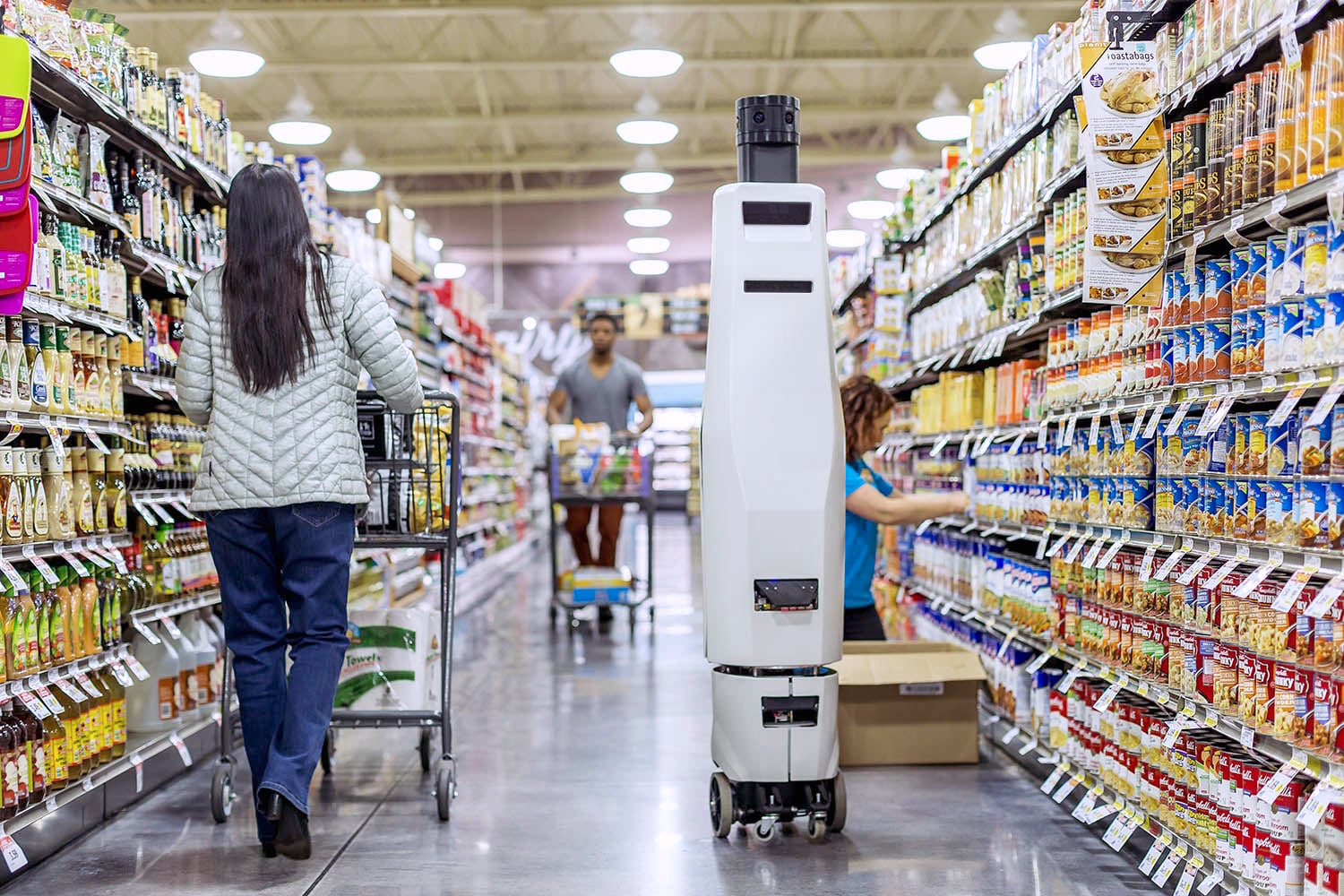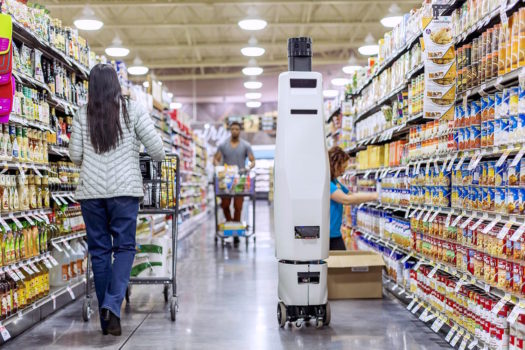
The assumption that all AI is about systems designed to autonomously learn new tasks, adapt to changing environments and perhaps, like HAL, outwit their creators in the end, skims over the many important differences between classic AI (the one movies are made of) and its over one dozen subdisciplines.
These AI subsets, ranging from the speech recognition and natural language understanding we know from personal assistants like Siri and Cortana, to the machine learning and deep learning capabilities core to business analytics and systems designed to make sense of big data, are — and will remain — where the action and opportunity is.
VCs need no convincing. The last few months have seen a flurry of activity and a wave of investment as startups in Silicon Valley and beyond raise substantial funding for AI approaches and innovations that emphasize the business benefits of AI and narrow AI, a technology subset focused on solving specific, reasonably well-defined problems.
It’s a stampede as many of Silicon Valley’s leading venture capital firms, including Khosla Ventures and Greylock Partners, as well as financial institutions, such as Goldman Sachs, flock to the space and invest big dollars in companies using narrow AI technologies to tackle tough business tasks like taming big data.
A prime example is Seattle-based Context Relevant, a provider of automated predictive analytics software for big data 2.0 applications. It raised $13.5 million in series B-1 funding with participation by Goldman Sachs, Bank of America Merrill Lynch, Formation 8, New York Life and Bloomberg Beta in September 2014. The round of funding came just months after it closed $21 million in a Series B round, bringing total funding for Context Relevant to $42 million.
With an estimated 170 startups in the starting gate ready to recast themselves as AI companies, or simply jump on the bandwagon, you can bet this year will see AI (in all its flavors and forms) lead the list of mega-trends. But before you dismiss this as hype, consider that the rise of AI, and specifically weak or narrow AI, is also inextricably linked with the growth of big data.
Simply put, it’s the explosive rate of information growth that creates the requirement for narrow AI. Add to that the recent avalanche of user-generated content — the nearly 300,000 tweets, 220,000 Instagram photos, 72 hours of YouTube video content and the 2.5 million pieces of content shared by Facebook users every single minute that businesses must monitor and acknowledge — and it’s clear that no organization (or human) can cope without the aid of narrow AI.
But the business and personal benefits of narrow AI go far beyond the ability to trawl through massive amounts of information and automate routine knowledge work. Some narrow AI approaches sift through the data to pull together and expose what is relevant and valuable to the individual user and their “need” state.
An early and rather primitive example of this is Apple’s Siri. I give it credit for bringing narrow AI to the mainstream. But I also side with Robert Scoble, who has repeatedly remarked that the fatal flaw in this and other personal assistant services is a lack of context.
Successful narrow AI services, to deliver value and benefit, must be aware of the user’s environment and factor this into the equation before delivering answers or advice or simply taking action.
A great sandbox for ideas and innovation is the smartphone calendar, the fiercely personal device most people regard as a digital extension of their physical “self.” The calendar and contacts is not only where people live and record their lives; it’s a living microcosm of their social graph device that grows and evolves as people and their networks do.
And so it makes sense that this space — where the calendar, contacts and context come together — is where startups are staging a new battle. The stakes are high, which is why competition is also high, as companies conduct a digital battle as fierce as Arnie and as determined as HAL.
Image Credits: Kjpargeter / Shutterstock
Author: David Senior, CEO and co-founder of Lowdownapp.

